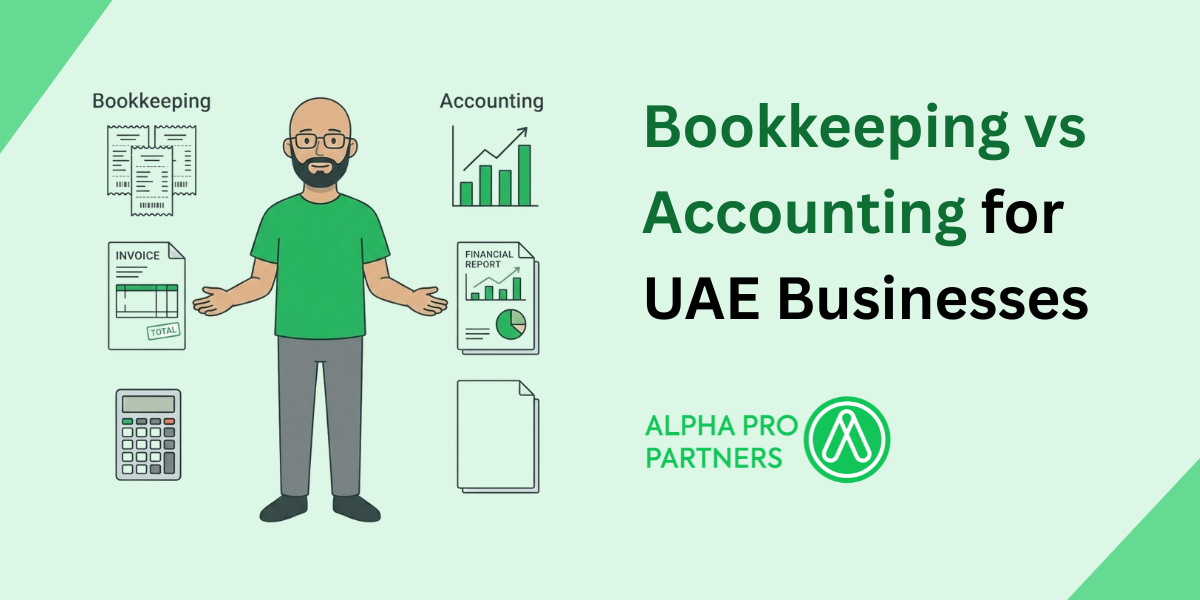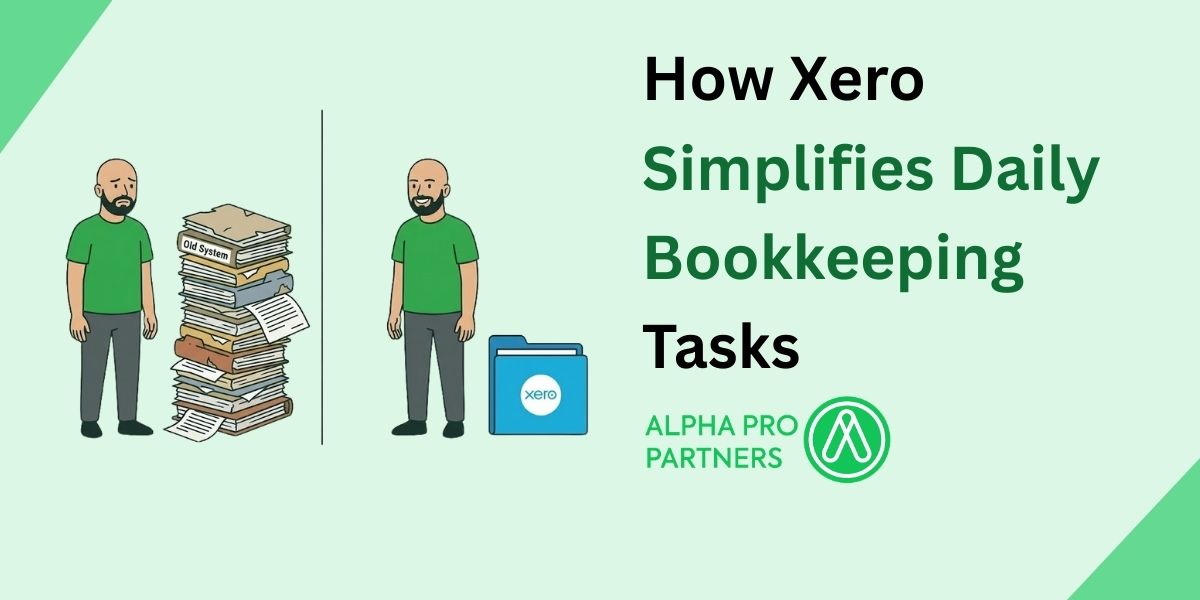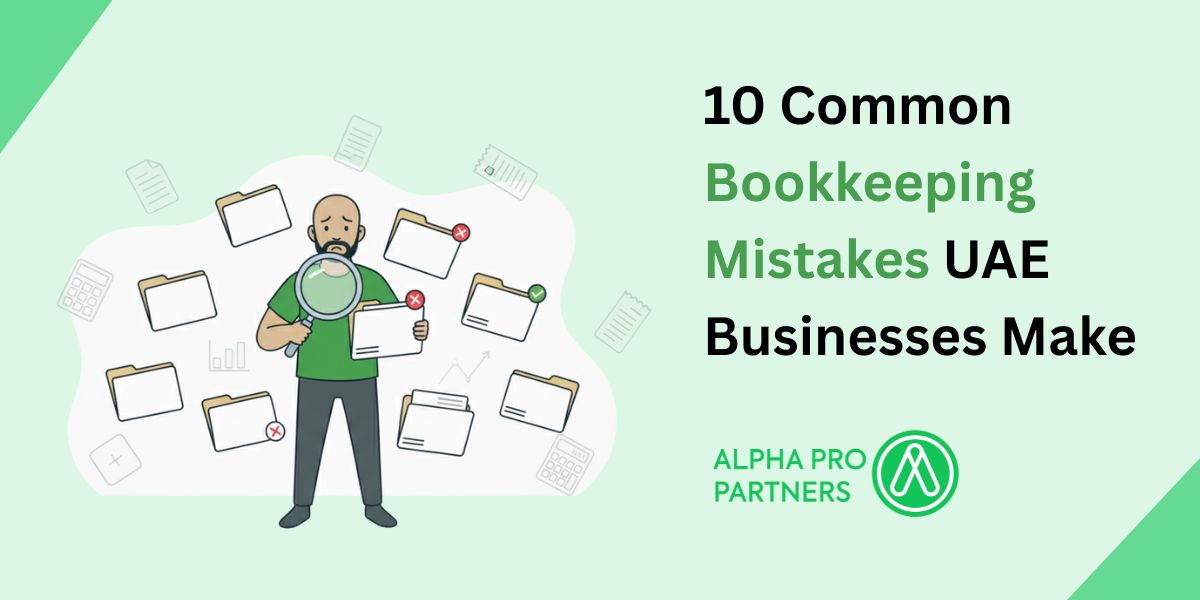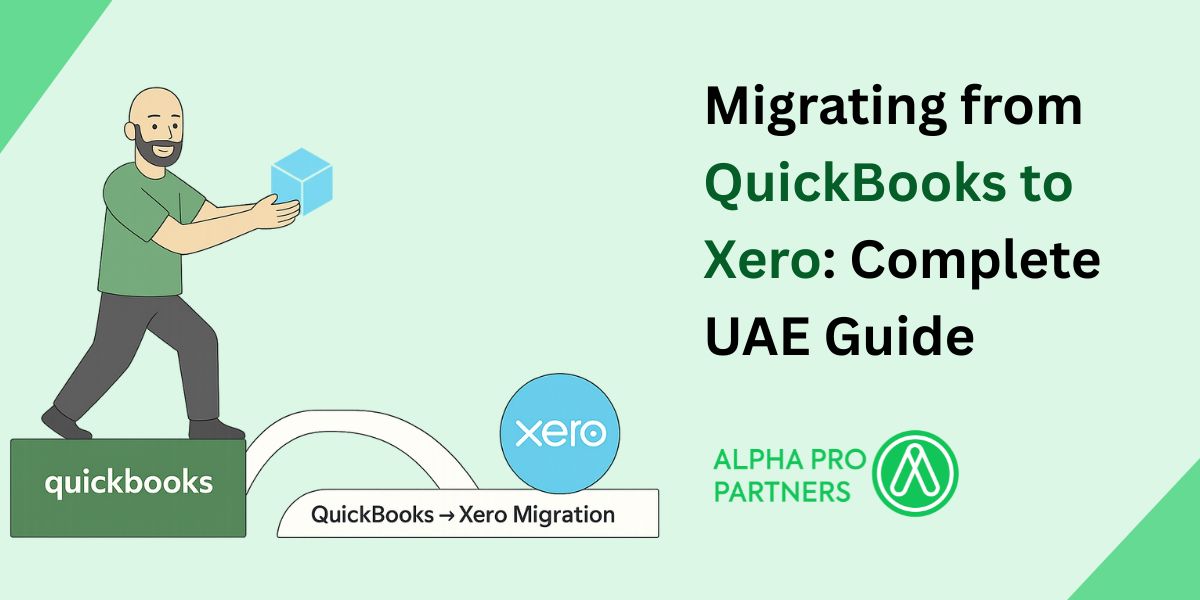Quantum Threats & Cybersecurity in Tax and Accounting Systems: Preparing for the Next Wave

Why this matters for firms in the UAE
“The quantum era is closer than we think.” That line from the Dubai Electronic Security Centre hits home for finance teams. We work with ledgers, audit trails, payroll, and tax files every day. If encryption weakens, those records are exposed. We cannot wait for a headline to start planning. We can start with simple, practical steps that fit our workflows and tools.
For many accounting firms in Dubai, this topic is more than theoretical. It’s a critical element of data assurance and trust. Even providers offering accounting services for small businesses must now factor in encryption standards when handling client ledgers and tax evidence.

Quantum security, in plain language
Quantum cybersecurity protects data against attacks that use quantum computers. Classic machines use bits, 0 or 1. Quantum machines use qubits, which can be 0 and 1 at the same time. That extra power can punch through today’s common encryption.
Two ideas to know:
- Post-Quantum Cryptography, PQC. New math that resists known quantum attacks. Examples often cited include lattice-based schemes such as Kyber and Dilithium.
- Quantum Key Distribution, QKD. Keys are shared using physics. If someone snoops, you can tell. It is early for many firms, but the idea helps set a north star.
Bottom line, as quantum hardware grows, older crypto can crack. Our response is to start swapping in quantum-safe options where it makes sense, and to plan the move for long-lived records.
UAE signals you should pay attention to
The UAE is leaning into this topic, both for opportunity and risk:
- DESC shared a Quantum Cybersecurity Readiness Guideline at GITSEC Global 2025. The message was simple, plan, make a roadmap, then implement and govern.
- ADGM has hosted discussions on quantum in finance.
- ADIA teams have explored quantum themes for investment analysis.
- Technology Innovation Institute in Masdar City runs a Quantum Research Center.
- Dubai hosted the Quantum Innovation Summit 2025.
Why it matters to accounting teams: regulators and major institutions are thinking ahead. “Store now, decrypt later” is the risk. Attackers copy encrypted files today and wait until tomorrow’s machines can open them.
Accounting data that needs the strongest protection

We hold some of the most sensitive records in a business:
- Client ledgers and AR/AP details
- Payroll and HR cost files
- Audit workpapers and management letters
- Signed financial statements and e-signatures
- VAT and corporate tax filings, plus supporting evidence
- Forecast models, board packs, and banking details
Even outsourced accounting services UAE providers manage this level of confidential data daily. If these leak or get altered, trust is damaged and compliance is at risk. That is the heart of the problem.
Key risks for finance and audit teams
Compromised approvals. Digital signatures protect financial statements and audit logs. If those signatures become weak, fake approvals can slip through.
Long-term exposure. We keep records for years. A breach today can turn into a disclosure tomorrow if encryption fails later. That is the “store now, decrypt later” problem.
Reputation damage. Clients and banks expect tight controls. One incident can undo years of credibility.
Firms providing accounting services for small businesses can be especially vulnerable if their clients rely on simple, outdated encryption tools. Strengthening cyber hygiene early can prevent major setbacks.
A simple, staged plan that works for busy teams
1) Know what must stay secret the longest
Tag records by required protection time, for example, 1 year, 7 years, 10 years, 20 years. Your “long tail” items are the early candidates for quantum-safe protection.
Why it helps: effort goes first to data with the longest life, like audit files, tax evidence, and board packs.
2) Start moving to quantum-safe crypto in the right places
Talk to your vendors about PQC options for data at rest and in transit. Ask clear questions:
- Which PQC algorithms are on your roadmap
- What is enabled today for backups, archives, and SFTP equivalents
- How you handle key rotation, revocation, and incident logs
Why it helps: You build improvement into tools you already use, such as cloud accounting storage and document vaults.
3) Refresh your signing and document trails
Review how you sign financials, engagement letters, and management letters. Ask for quantum-safe signature roadmaps from your provider. For now, add stronger process checks around approvals and keep a clean chain of custody for key documents.
Why it helps: if signatures weaken later, your process still captures who approved what, when, and how.
4) Train the whole firm, not just IT
Share short refreshers with finance, tax, audit, and ops. Teach how to spot a phishing attempt, when to use secure share links, and where to store receipts and invoices.
Why it helps: most breaches start with human clicks, not code breaks.
5) Tighten access and logs
Use least-privilege access for ledgers, payroll, and tax folders. Turn on multi-factor authentication. Log who viewed, changed, or exported files.
Why it helps: containment. If something slips, you know where to look and what to lock.
6) Test your backups and restores
Run a quarterly restore test for a few critical folders, including your audit year-end pack, VAT support, and payroll month. Check encryption settings and retention policies.
Why it helps: You find gaps now, not during an incident.
What DESC’s three-step roadmap means for accounting
Plan. Inventory your crypto use, list where sensitive files live, and map how long each set of records must stay private.
Roadmap. Set quick wins, such as secure portals for client uploads, plus mid-term swaps like PQC-ready storage and transfer tools.
Implement. Roll out by quarter, track progress, and assign a simple owner for each step. Keep governance light and regular, for example, a 20-minute monthly review.
We like this flow. It fits how finance teams already run month-end and quarter-end checklists.
Practical controls that pay off fast
- Clean data intake. No TRN, no VAT claim. No supplier bank letter, no payment change.
- Role clarity. One person sets up new vendors, another approves.
- Sane naming. Year-Period folders, with Audit, Tax, Payroll, and Ledgers as subfolders.
- Human-readable copies. Keep a PDF alongside encrypted archives so reviews are smooth, while the source pack stays locked.
Each control is small. Together, they close big gaps. Especially for firms offering outsourced accounting services UAE, where multiple client systems and users are involved.
How we keep our clients safe
We help firms set a simple, quantum-aware plan that fits existing tools. We map long-lived records, tighten access and logs, and work with your software stack to switch on stronger crypto where available. We keep the language plain and the steps short.
Whether you’re part of a corporate finance team or run accounting services for a small business, our goal is to future-proof your data security posture. For specialized guidance, outsourced accounting services UAE providers and accounting firms in Dubai can also benefit from our tailored quantum-readiness audits.
Looking for a quantum-safe review of your finance stack? Contact Alpha Pro Partners today for a free 30-minute consultation.
FAQs
What is quantum cybersecurity?
It is the set of tools and practices that protect data against attacks using quantum computers. The aim is to keep encrypted data private even as computing power grows.
Are PQC algorithms ready for accounting teams?
Yes, many vendors are preparing or beginning support for post-quantum cryptography. Start by asking your current providers about their timelines and options for storage, backups, and file transfer.
Is QKD something my firm needs now?
QKD is an emerging option for key exchange. Most firms will focus first on PQC and process hygiene, then track QKD as the ecosystem matures.
What records should we protect first?
Anything with a long life, such as audit files, tax evidence, signed financials, payroll archives, and bank agreements.
What is “store now, decrypt later” in simple terms?
Attackers copy encrypted files today and keep them. If encryption weakens in the future, they can open the files later. Long-lived records are most at risk.
How do we train non-technical staff?
Keep it short. One page on how to spot fake links, where to store receipts and invoices, and how to share files securely. Repeat it each quarter.
Do we need new software?
Not always. Many improvements are settings and habits, like MFA, access reviews, tidy folders, and tested restores. For crypto upgrades, talk to your current vendors first.
How does this connect to audit quality?
Strong security protects audit evidence and signatures. It keeps your trail intact, so reviews are smoother and trust stays high.
What about remote teams and devices?
Use managed sign-in, disk encryption, and secure share links. Keep work data off personal apps. Short, clear rules beat long manuals.
How can Alpha Pro Partners help us start?
We run a light review, tag long-lived records, check access and logs, and line up vendor settings you can switch on right away. Then we plan a quarter-by-quarter rollout that fits your calendar.

.webp)
















.webp)
.webp)


.png)
.png)
.png)
.png)
.png)

.png)
.png)



.png)
.png)





.jpg)


.jpg)





.png)
.png)






.png)


